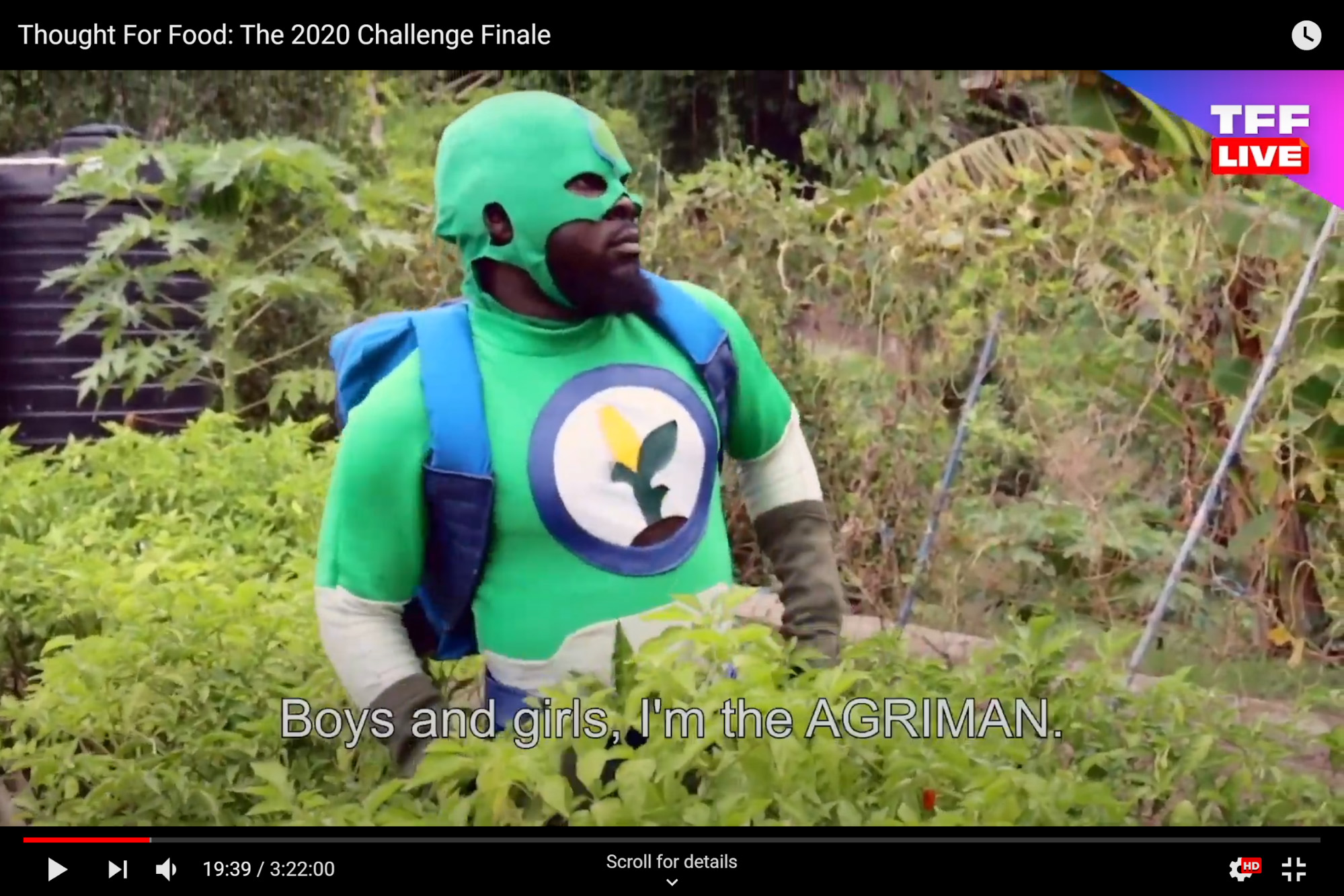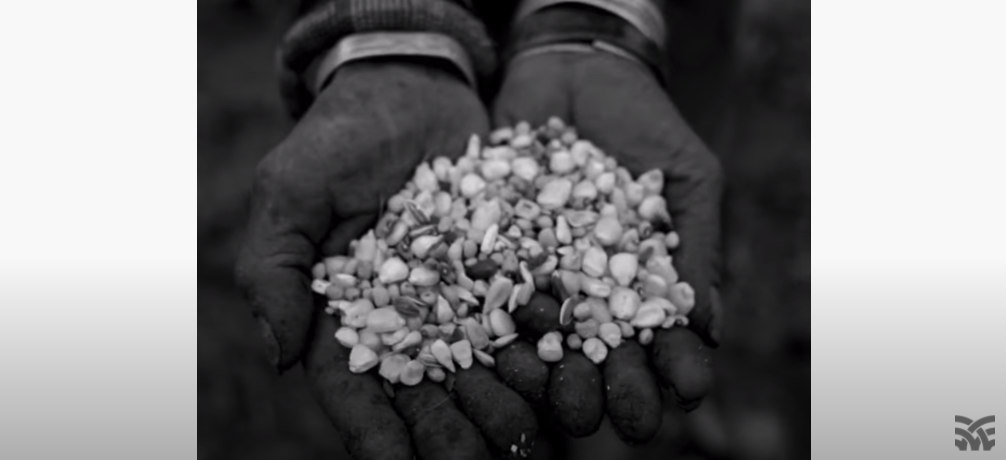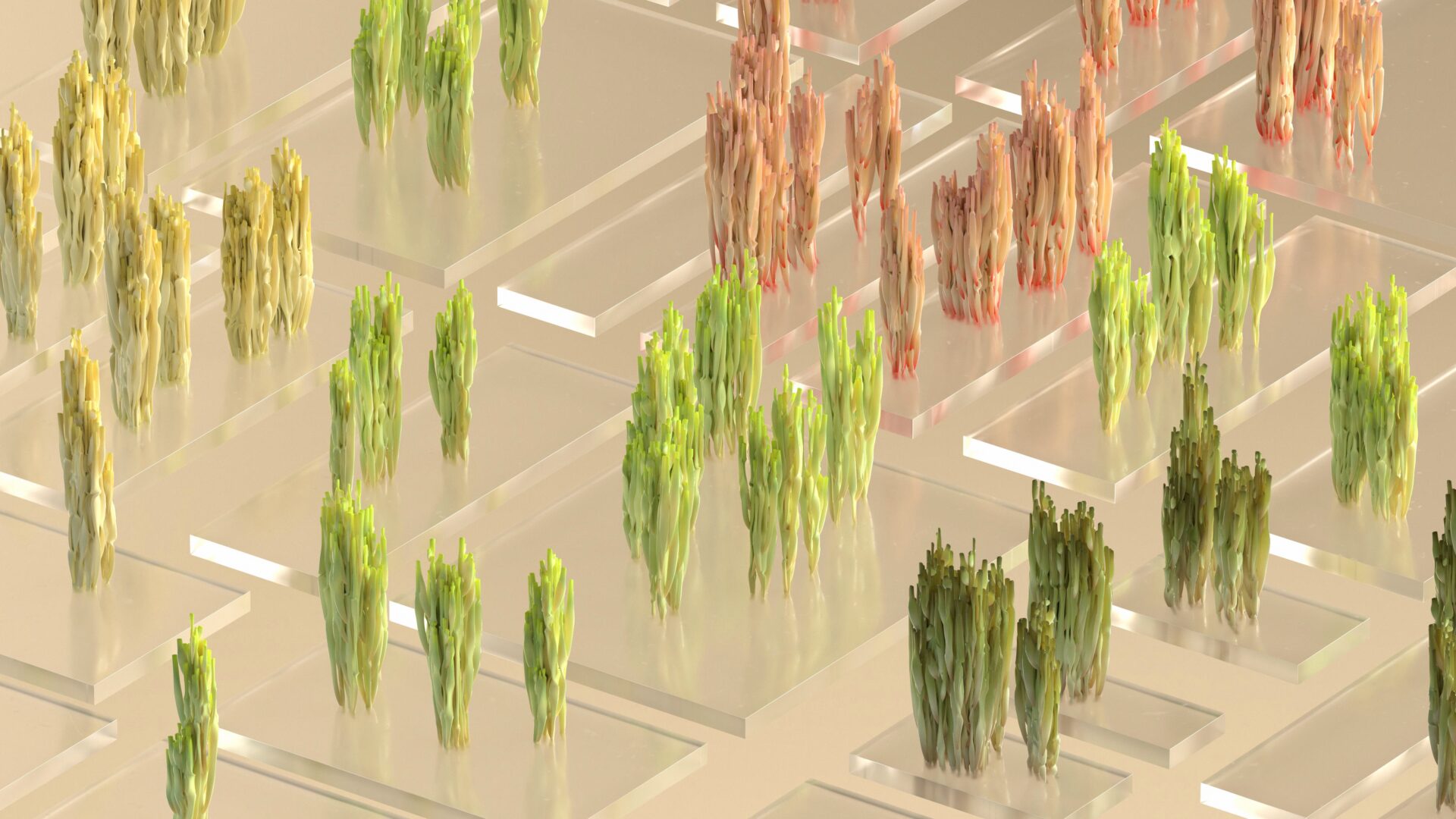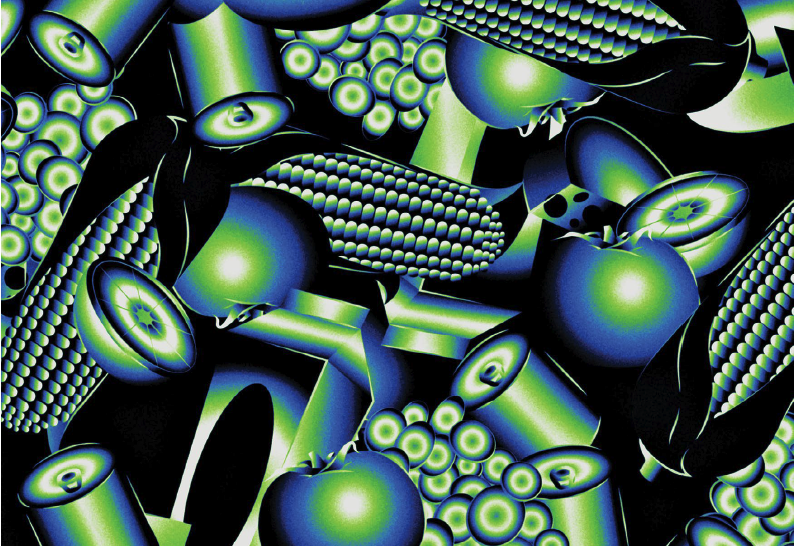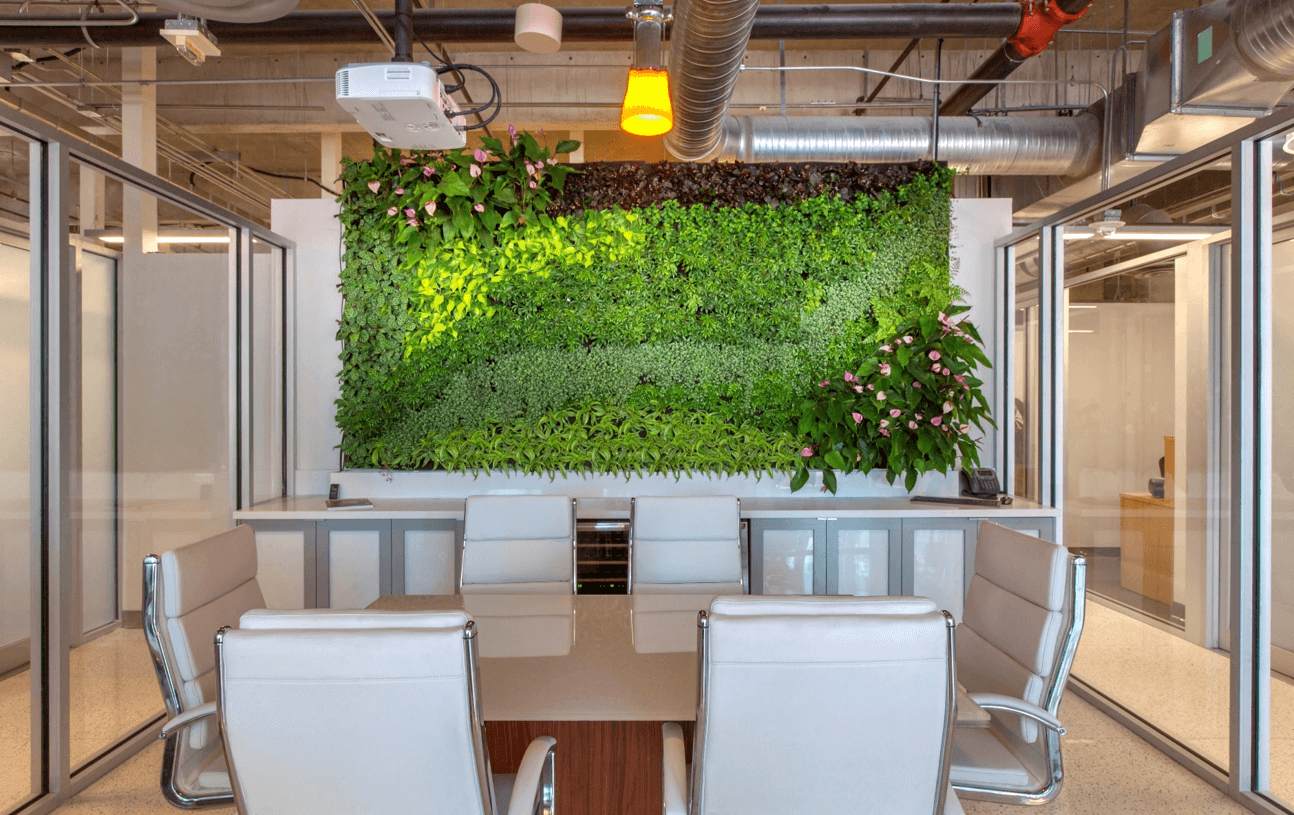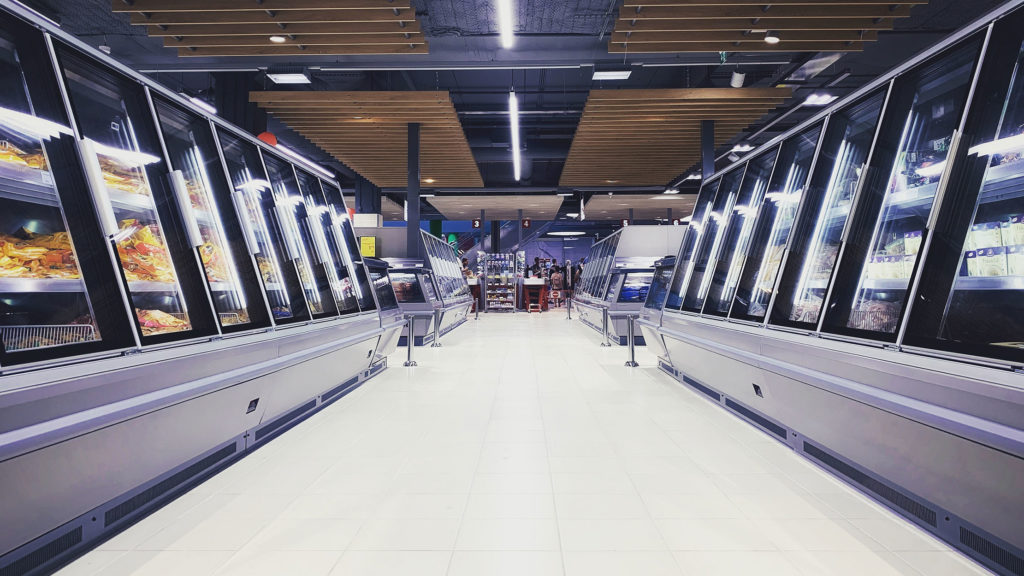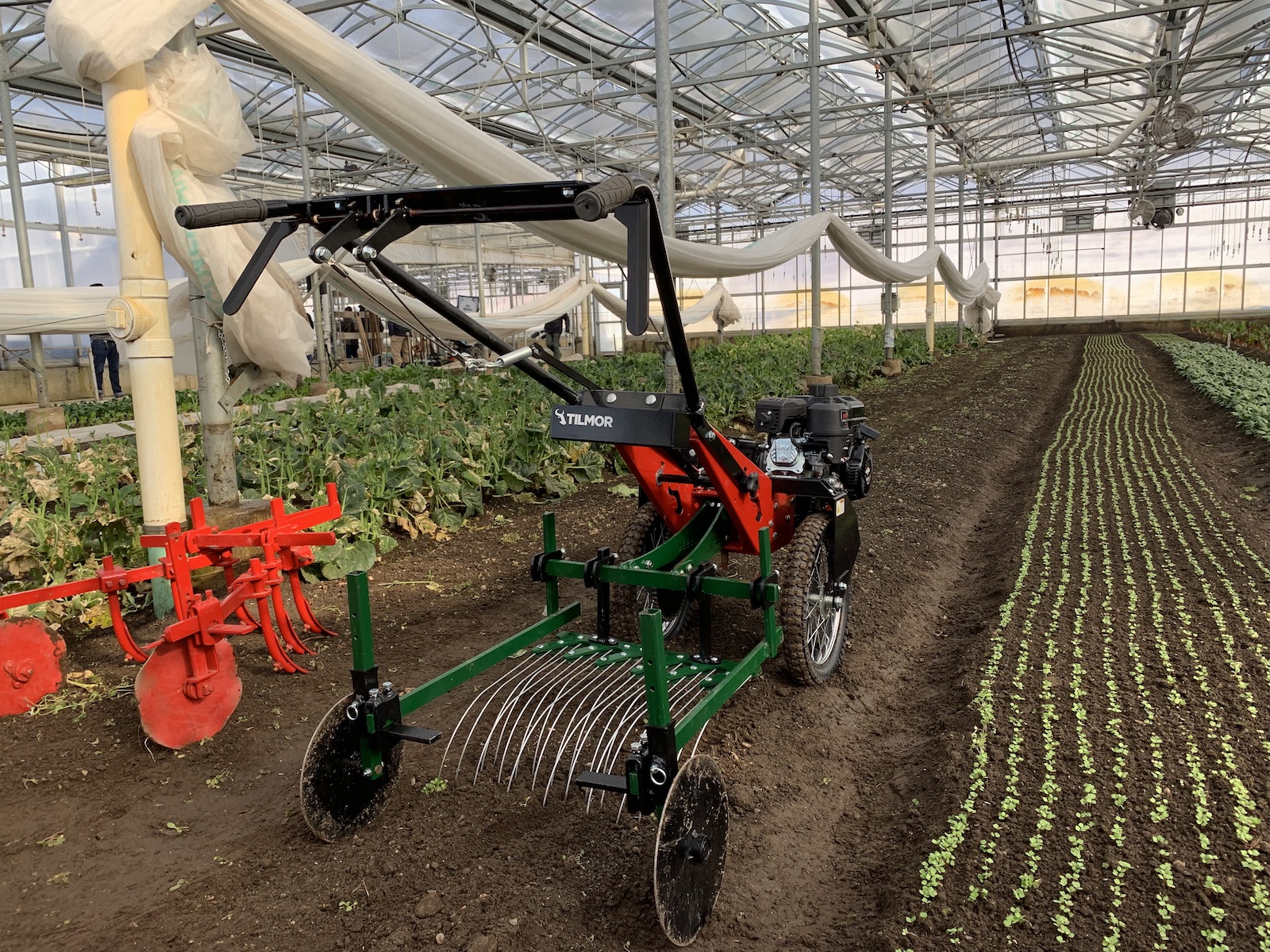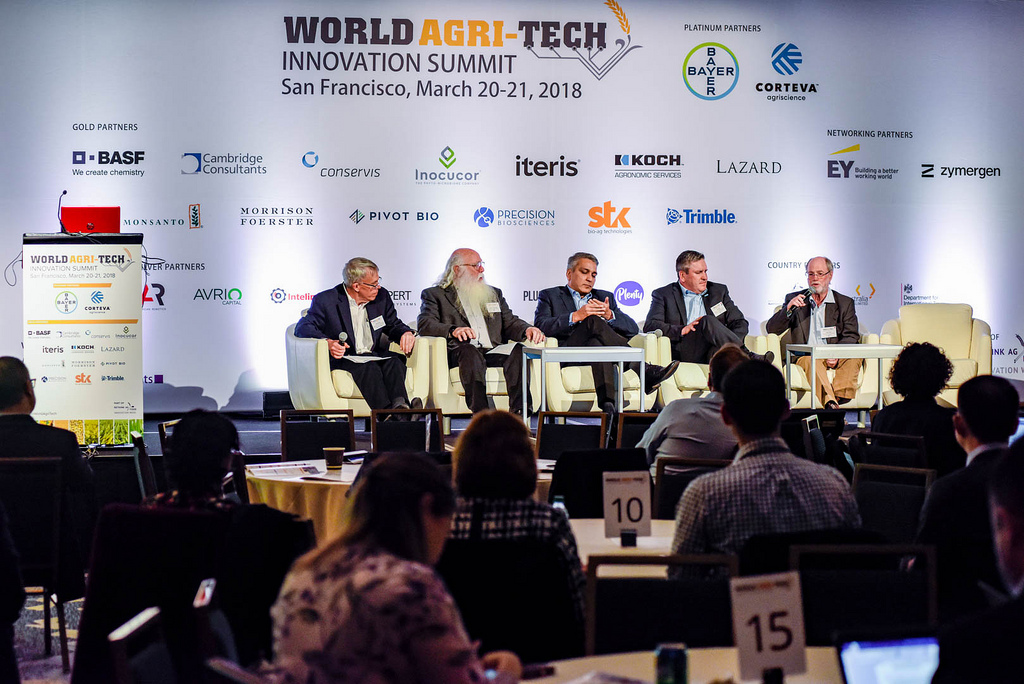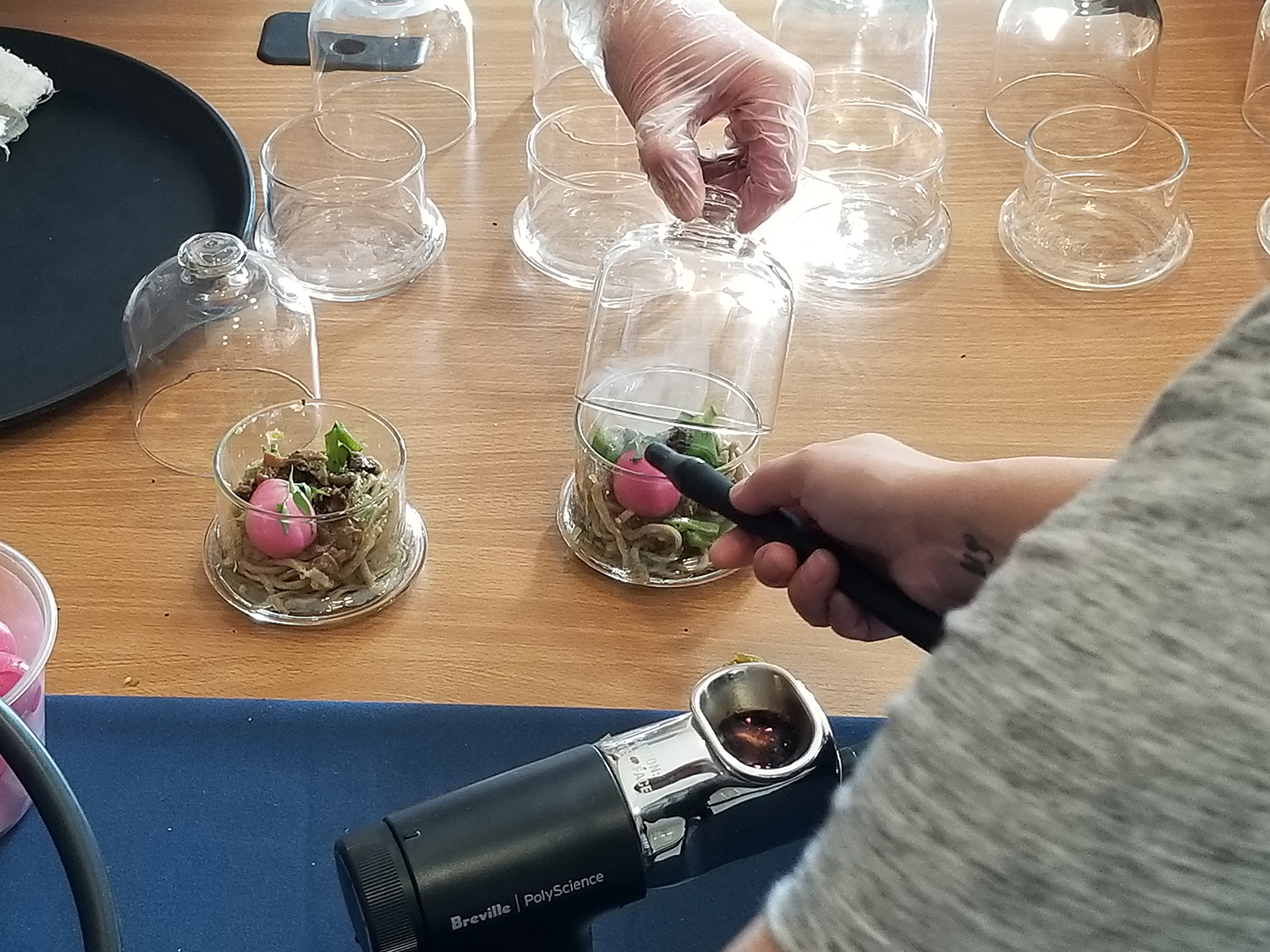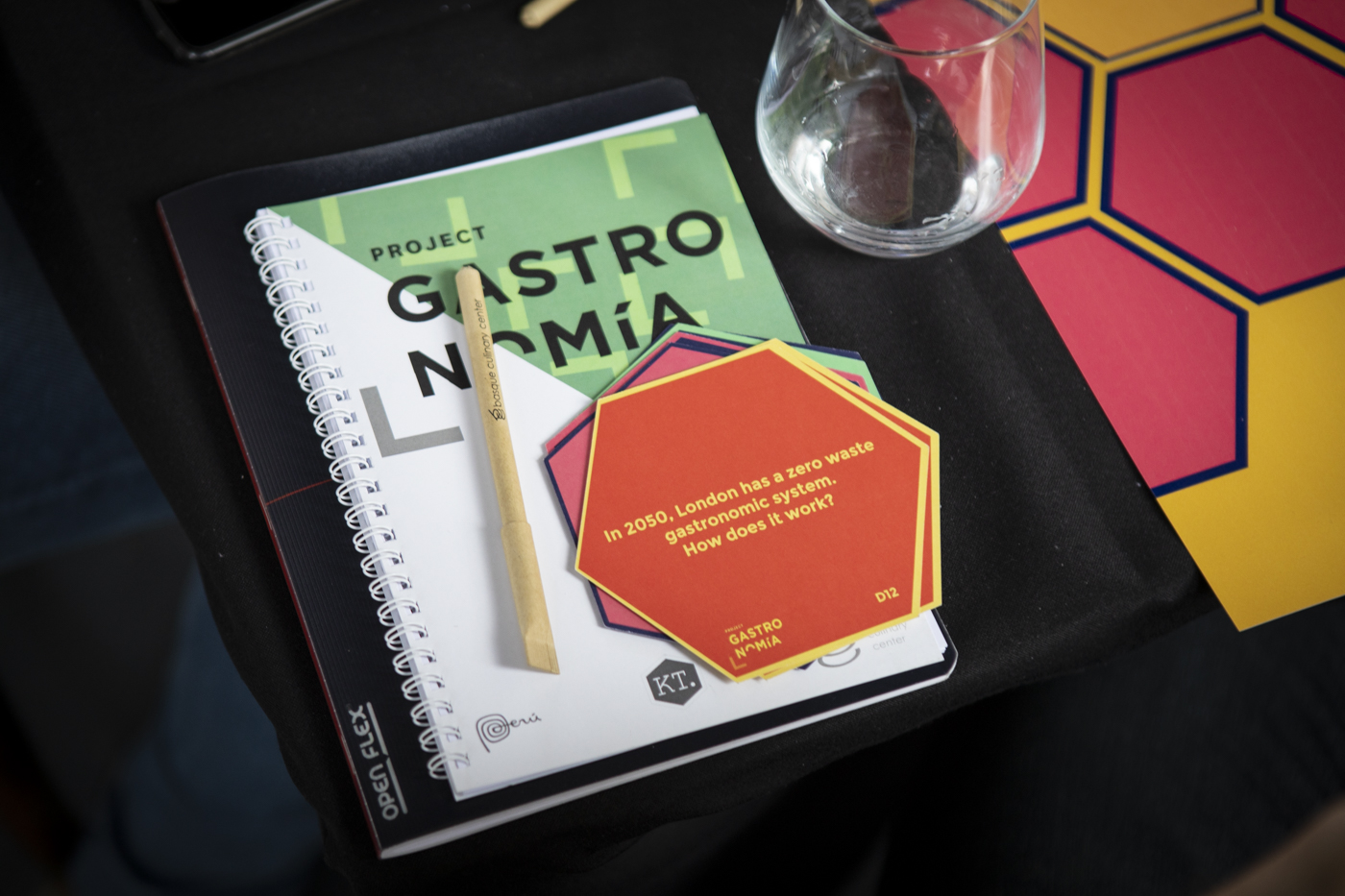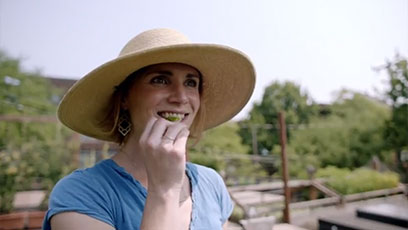South by Southwest (SXSW) pops up in Austin, Texas every March, bringing together music festivals, film screenings, speakers, and interactive panels that address current issues. To help participants navigate the conference, and attend the events that are most important to them, SXSW is organized into different “tracks,” or themes and topics that are key points of discussion throughout the week. The 25 distinct tracks of programming cover topics ranging from cannabusiness and brand marketing, to design and sports. The food track at SXSW has often encouraged a focus on sustainability, including panels on topics like agricultural technology and reduction of food waste. Looking towards the next SXSW conference, the conglomerate aims to use events in the food track to talk about the future of food systems. Although the next SXSW won’t take place until March 2019, from August 3 – August 30 you can vote on which panels you might like to see at the upcoming conference. MOLD has highlighted a few of the events that could impact and are important for the future of food at SXSW 2019, so check out the featured panels below, and cast your vote for the issues in the food world that are most important to you.
 Grubbly raises insects, fed on discarded food waste, to serve as chicken feed.
Grubbly raises insects, fed on discarded food waste, to serve as chicken feed.
Food Waste Innovation Demo
Nonprofit ReFEED uses a mobile app to connect businesses with surplus food and nonprofit organizations that can redistribute that surplus, minimizing food waste and helping the hungry. For South by Southwest, ReFEED has organized an interactive demonstration where innovators can present their solutions for food waste, and audience members can ask questions, participating in discussions of how these potential solutions would function. Food innovators presenting at the demo include Food Maven, a company that sells surplus or slightly damaged food to restaurants at half the price, and Grubbly, a supplier of insect-based chicken feed that recycles food waste to raise its bugs.
 Regenerative agriculture replenishes the nutrients in soil and aids in the development of biodiversity in organic matter.
Regenerative agriculture replenishes the nutrients in soil and aids in the development of biodiversity in organic matter.
Moving Beyond Organic Farming
Although the increase in organic farming has diminished the use of pesticides and other harmful chemicals, organic farming is still neither the most efficient nor the most sustainable agricultural system. Food Future Co. is sponsoring a panel to discuss regenerative agriculture, teaching people about what it is, and analyzing its positive and negative impacts. Regenerative agriculture seeks to reverse the effects of climate change by rebuilding the organic matter in soil, and restoring soil biodiversity; this system contrasts with most commercial agriculture, which depletes nutrients from soil without replenishing them.
 Previous SXSW conferences have featured food-centric events and discussions.
Previous SXSW conferences have featured food-centric events and discussions.
How is Science Transforming Food Systems
Solutions to concerns about food security are beginning to pop up all over the world; some of them are more viable than others, and they don’t all take the same approach to improving how we produce and eat our food. This panel will look at what science is doing to direct the future of food, and how new scientific developments might change modern farming. The panel allows participants to ask questions and engage in debate, encouraging them to think about their own consumer practices, and how they might shape food systems.
 Panel organizer Indie Bio funds agricultural and biology-based startups.
Panel organizer Indie Bio funds agricultural and biology-based startups.
Designing the Future of Food with Biology
The past few years have witnessed an increasing awareness of how the foods we eat impact the environment. This realization is marked by the rising popularity of products like the Impossible Burger, alongside clean meats and plant-based proteins. Some of the scientist entrepreneurs creating these new facets of food system are gathering together to speak about the biology behind their products.
